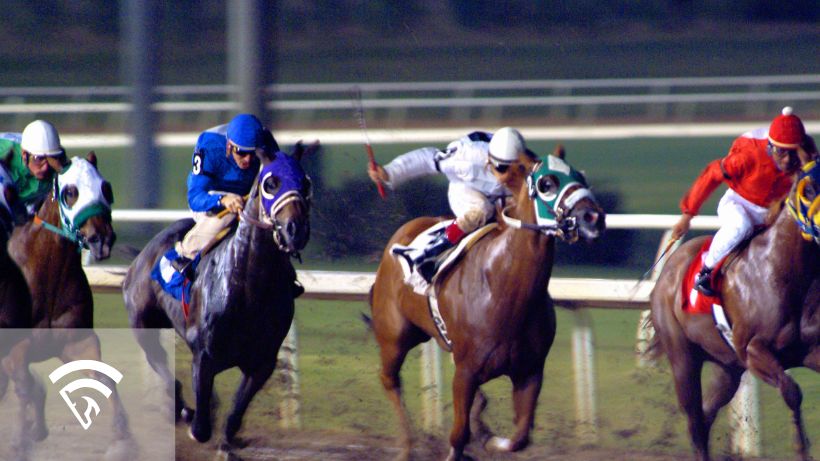What is a Marathon Race in Horse Racing?
A marathon race in horse racing is an extended-distance event that typically spans beyond the classic mile-and-a-quarter or mile-and-a-half contests, testing a horse’s stamina and resilience. While exact distances can vary—often ranging from about 1¾ miles to over 2 miles—these longer races require strategic pacing, careful energy conservation, and a horse with the endurance to maintain steady speed over a lengthy course. Marathon races are especially popular in Europe and Australia, where staying power and patience can be just as critical as raw speed.
Why Are Marathon Races Important?
-
Stamina Showcase
- Marathon events spotlight horses and jockeys who excel at slower, sustained tempos rather than short bursts of speed.
- Racing fans appreciate watching horses measure their energy output and timing, which adds a layer of tactical depth.
-
Global Appeal
- Many prestigious international events—like the Ascot Gold Cup (2½ miles) or the Melbourne Cup (2 miles)—are effectively marathon races, drawing top stayers from around the world.
- Horses that thrive in these grueling contests earn admiration for their fortitude and reliability.
-
Pace and Strategy
- Unlike shorter sprints or mid-distance races, jockeys must ration energy carefully to avoid burnout in the final stages.
- Mid-race tactics—like building a lead early or drafting behind other horses—can prove decisive in a marathon’s outcome.
-
Handicapping Challenge
- Bettors assessing marathon fields consider different angles: breeding lines favoring stamina, prior track records at long distances, and trainers known for conditioning stayers.
Key Factors in Marathon Racing
-
Physical Conditioning
- Horses need robust cardiovascular health, strong musculoskeletal systems, and well-managed training routines to endure extended distances without losing form.
-
Temperament
- Marathon races can develop slowly, often shifting gears late. Composed, tractable horses handle pacing variations better than those prone to early aggression or stress.
-
Track Surface and Layout
- Dirt, turf, or synthetic surfaces can influence how quickly a horse tires; certain configurations (e.g., long straights, minimal turns) may favor methodical closers over front-runners.
-
Jockey Judgment
- Experienced riders tailor tactics—such as positioning and pace moderation—to each horse’s stamina level, ensuring energy is conserved for decisive final furlongs.
Tips for Handicapping Marathon Races
- Evaluate Past Performances at Longer Distances
- Horses that have proven success at 1½ miles or beyond show aptitude for endurance races.
- Check Trainer Records
- Certain trainers excel at preparing stayers, using conditioning programs that emphasize stamina-building over explosive speed.
- Research Breeding Lines
- Bloodlines known for producing strong finishers or long-distance runners can point to a horse’s natural staying power.
- Monitor Race Pace Projections
- A slow, tactical race may favor mid-pack runners who can accelerate late; a quick early tempo could set up closers for a strong finish.
Longer races often offer distinctive betting angles that can reward handicappers who understand a horse’s stamina profile and race dynamics. EquinEdge specializes in AI-powered analysis—evaluating speed figures, pace setups, and real-time odds—so you can confidently identify marathon specialists and capitalize on extended-distance wagering opportunities. Sign up with EquinEdge to get started today.
